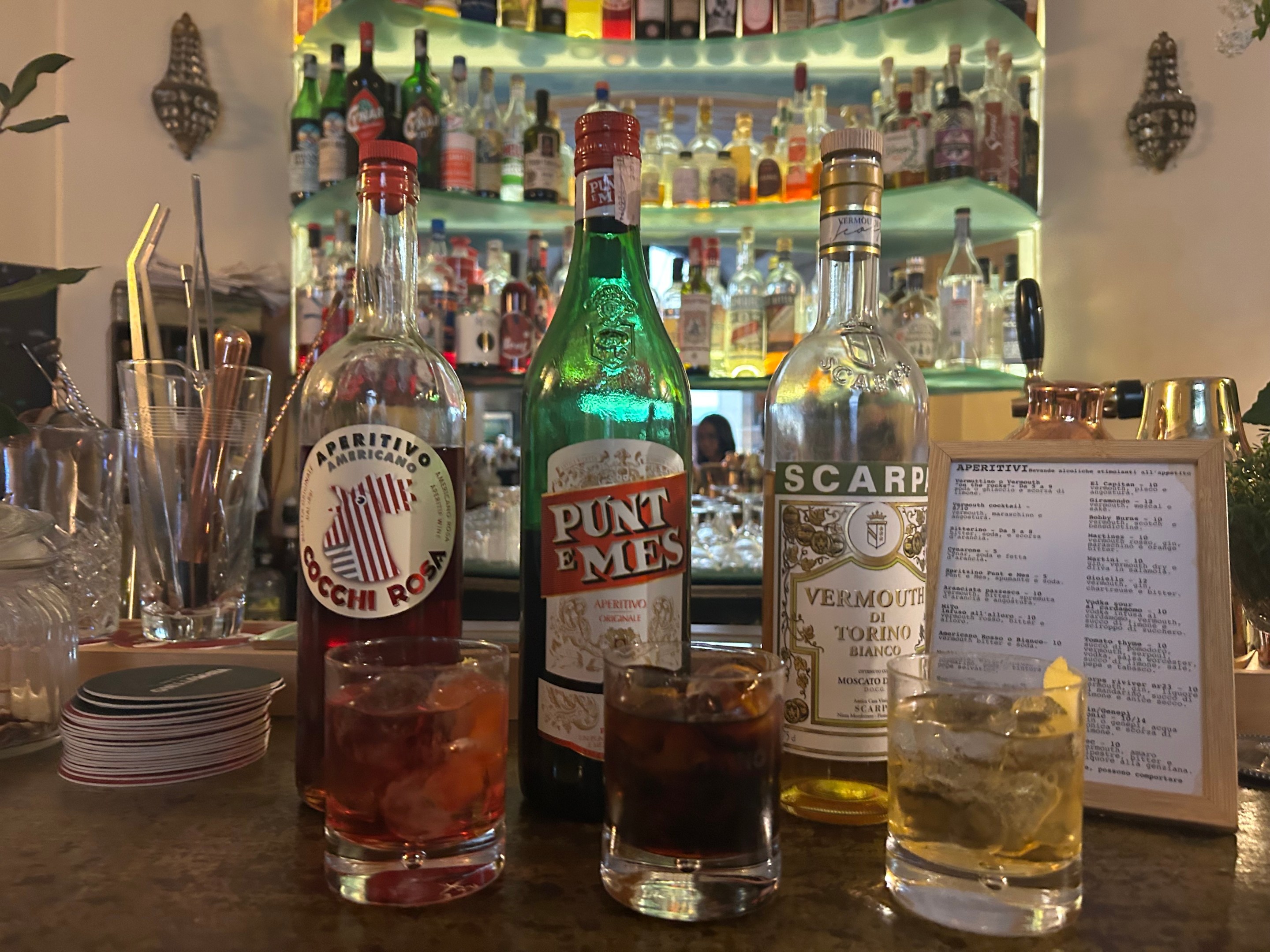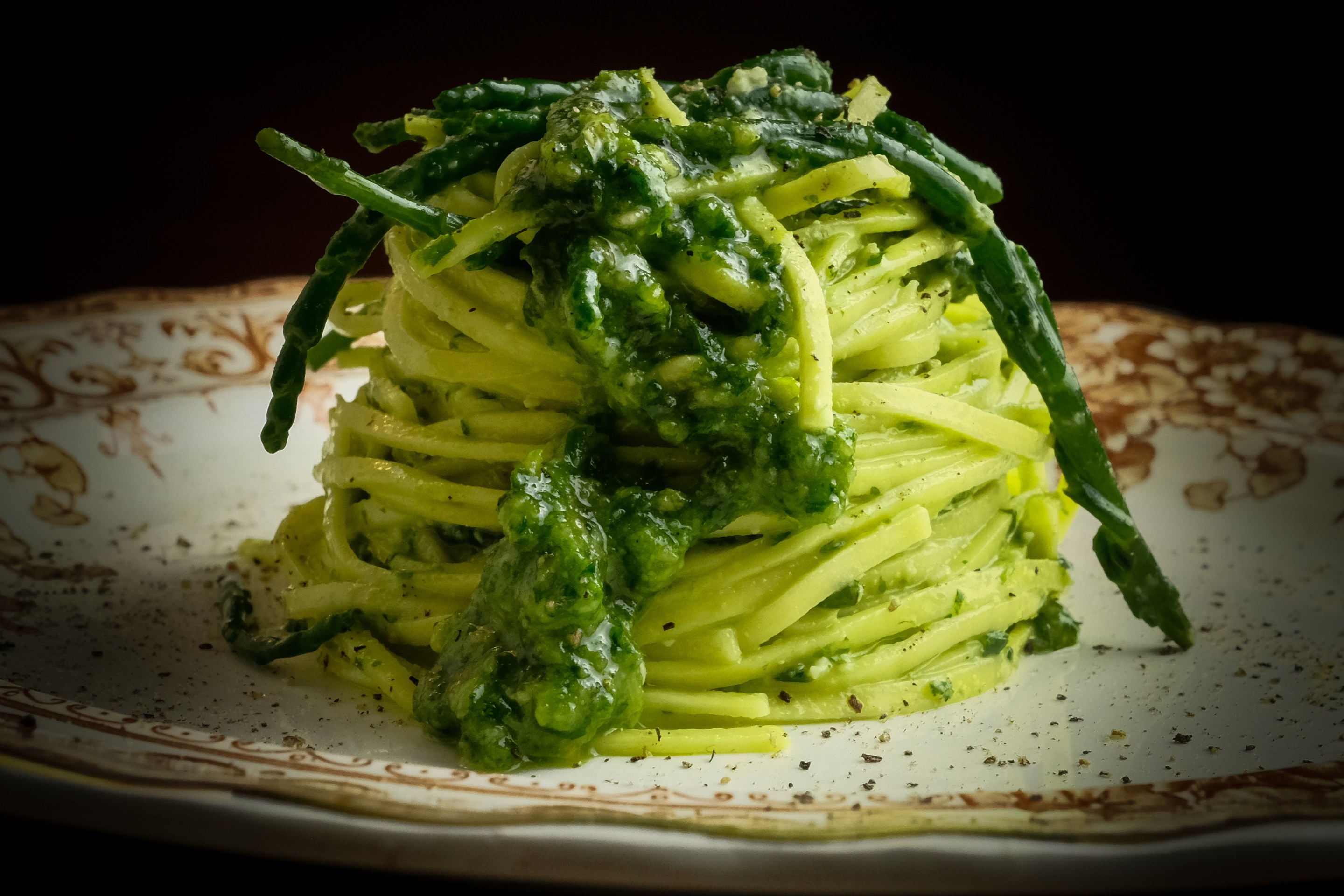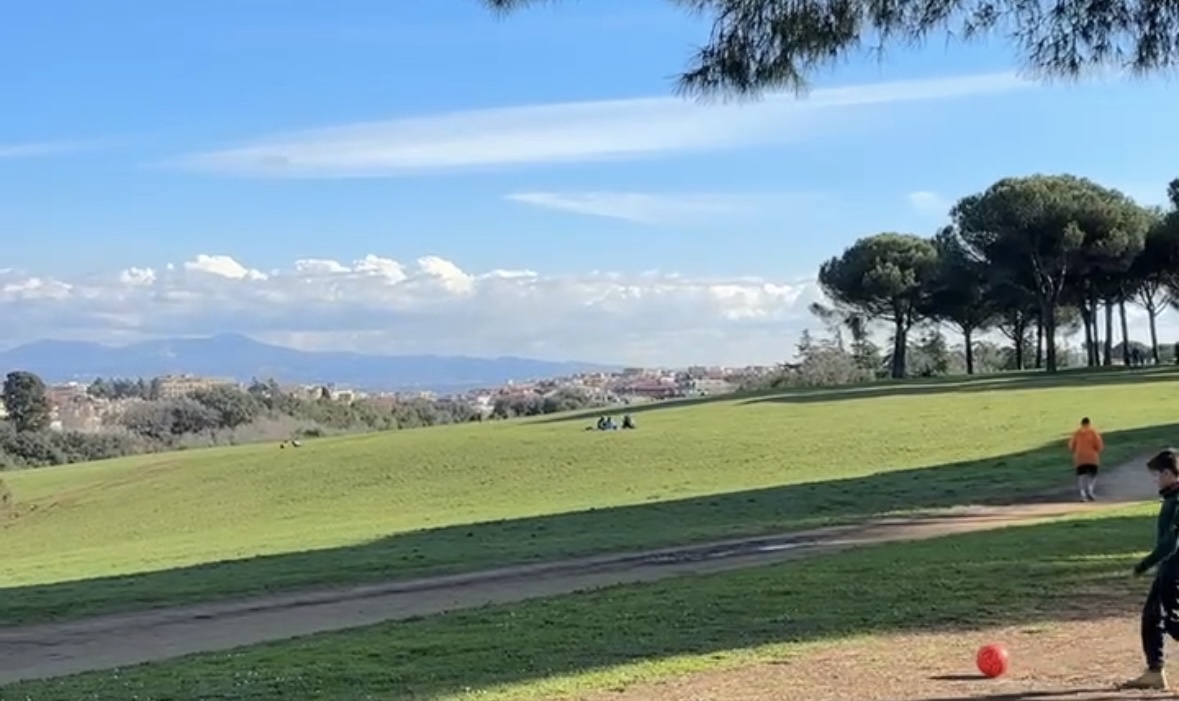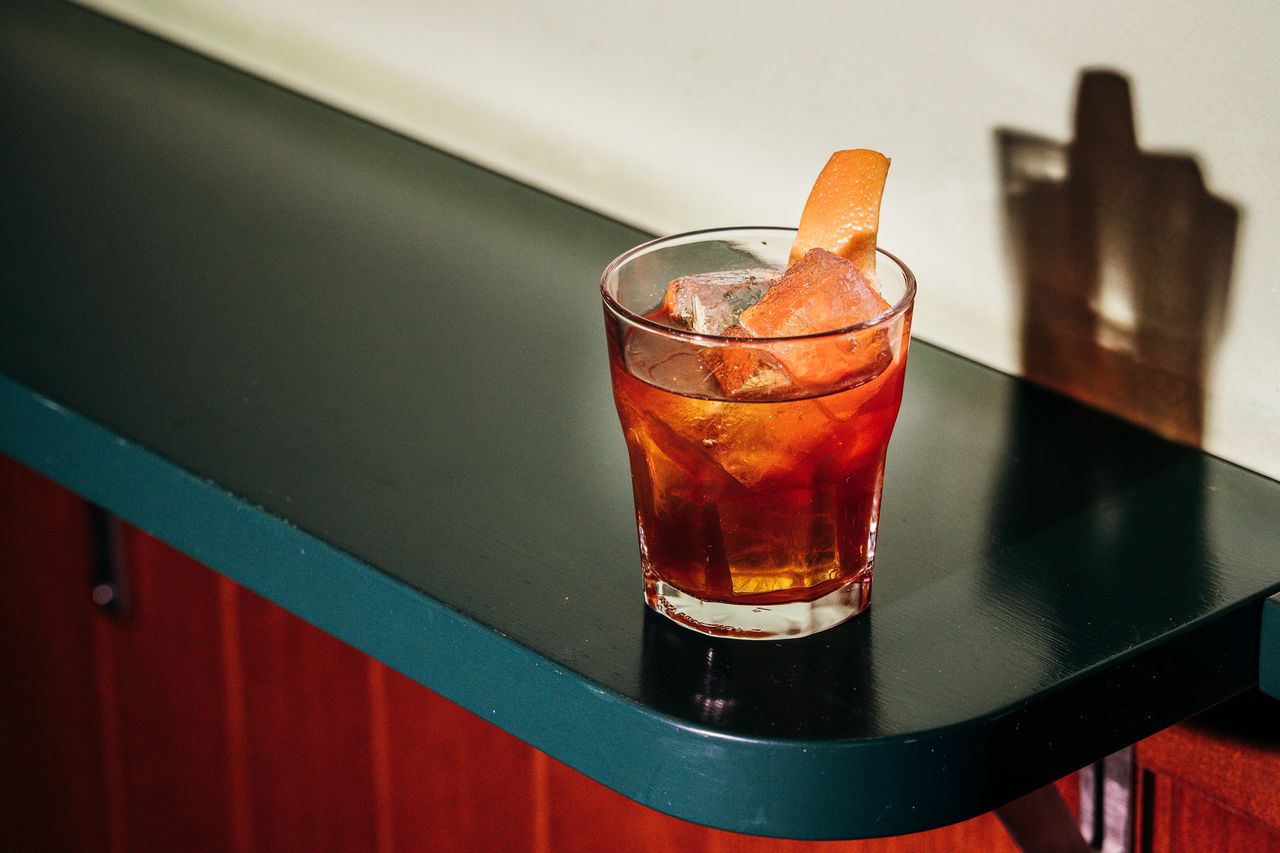In Italian cuisine, it can be hard to find consensus about what town created the first epicureo, but it’s well accepted that Turin is the birthplace of vermouth. The herbalist and winemaker Antonio Bennetto Carpano first concocted vermouth in 1786 in his store in Piazza San Carlo, under the shadow of the Royal Palace of Savoy where the last Italian kingdom reigned. And, in a way, vermouth couldn’t have come from anywhere else. Access to Moscato d'Asti—a sweet white wine grape grown in the Piedmont region—and spices imported to the Port of Genoa, as well as proximity to royalty, was indeed the perfect recipe for vermouth.
At first, vermouth was a vehicle for delivering bitter medicinal herbs, primarily mugwort and wormwood, to the convalescent. Pharmacists infused shelf-stable grain alcohol with salubrious herbs and spices (the bitter pill) and combined it with sweet wine. Carpano sent a bottle to the King who liked it so much he decreed it a royal drink, making it an international and hyper-local sensation.

For most of us in the States, the presence of vermouth is known mostly, if at all, as an ingredient in classic cocktails, such as the Martini or Negroni. However, there seems to be something of a vermouth renaissance happening, thanks to Turin’s enduring aperitivo tradition. In the late afternoon, folding chairs on leafing esplanades are filled with people leaving work and stopping at a bar to grab a vermouth and soda, a drag of a cigarette, and complimentary olives on their way to a proper dinner. The mass adoption of aperitivo hour in the city reflects the breadth of vermouth styles that evolved from Carpano’s original recipe. Enthusiasts have a matrix of vermouth to explore: sweet to dry, red or white, and a swath of distinct herbal infusions. Here are a few respected producers from Turin where you can try their distinct vermouths.
Cocchi produces several varieties of vermouth, many of which you can buy in the States, and all of which source ingredients from Piedmont. Start with the dry formula, a delicately floral vermouth made with Cortese grapes fortified with notes of mint, lemon, and fennel. Though the dry vermouth can solidly stand alone, it does well to be paired with quality Martini ingredients or a splash of tonic water. Cocchi’s amaro vermouth, though, is definitively asking to not be mixed. They blend a sturdy Barolo wine and burnt sugar with bitter herbs like rhubarb, artemisa, and quassia wood. The result is more syrupy and shocking to the mouth than other sweet vermouths and only to be tamed with ice.
Vermoutheria Peliti's on the busy banks of the River Po, Peliti’s Distillery offers the perfect setting for Torinos to try vermouths that transports one to countryside. Try the white vermouth on ice, which has a delightful balance of floral and bitter notes floating in a lightly viscous wine of muscat grapes, all of which harmonize with the quiet of the river.
And while in Piedmont, visit Salon del Vermuttino in Turin’s old city to sample seemingly any and every Italian vermouth. Leave it to the expert bartenders to select a sample of vermouths from across the peninsula. Punt e Mes is a concoction that originated from Carpano’s pharmacy in the 1870s but has more bitter elements than the distiller’s original recipe. Venture to another region of Italy with Villa Papiano’s Tregenda Vermouth, which is distilled in Romagna and Tuscany with Sangiovese grapes and imbued with herbs sourced across the Mediterranean, like French lavender and Calabrian citrus rinds.






